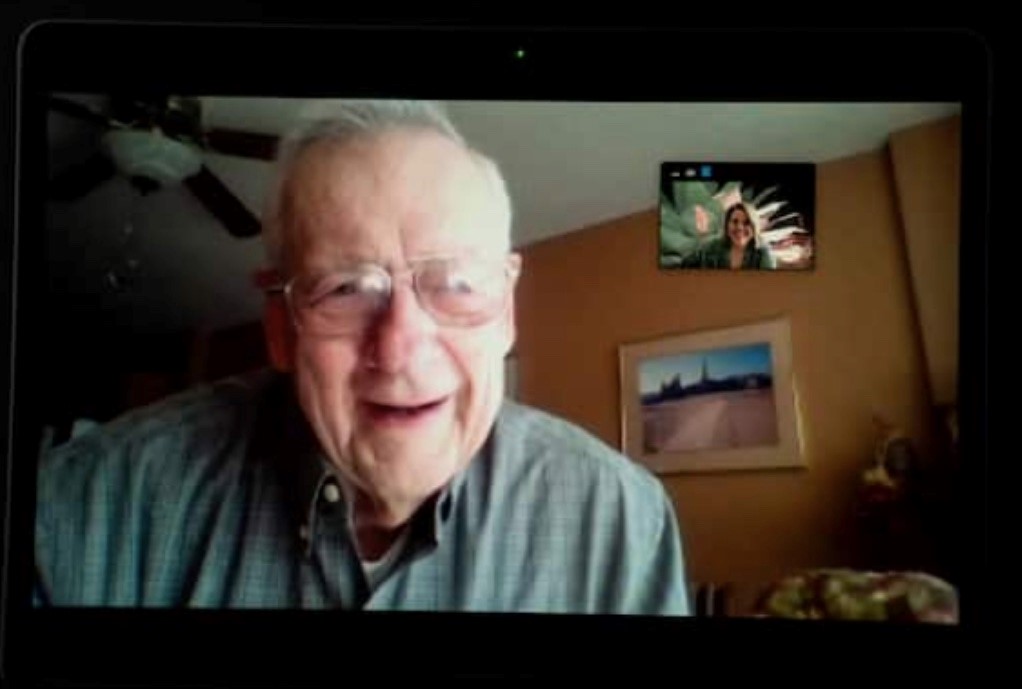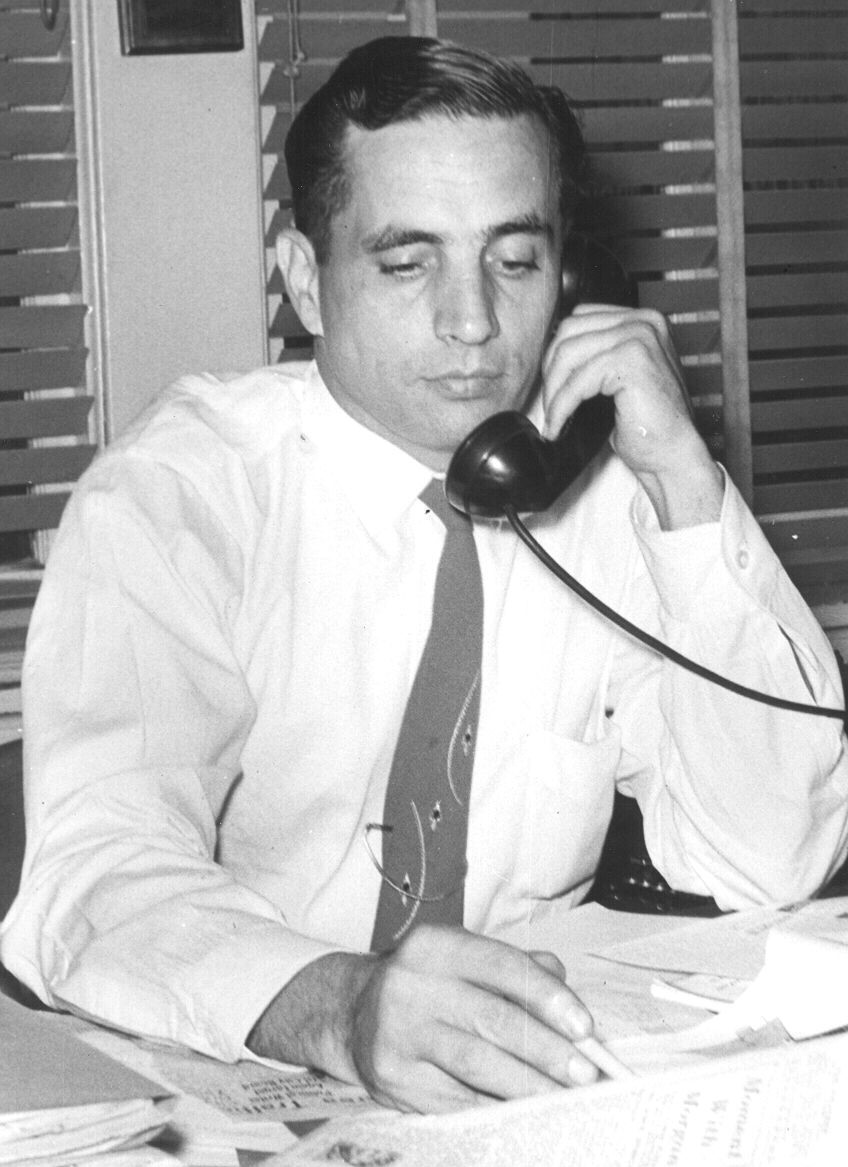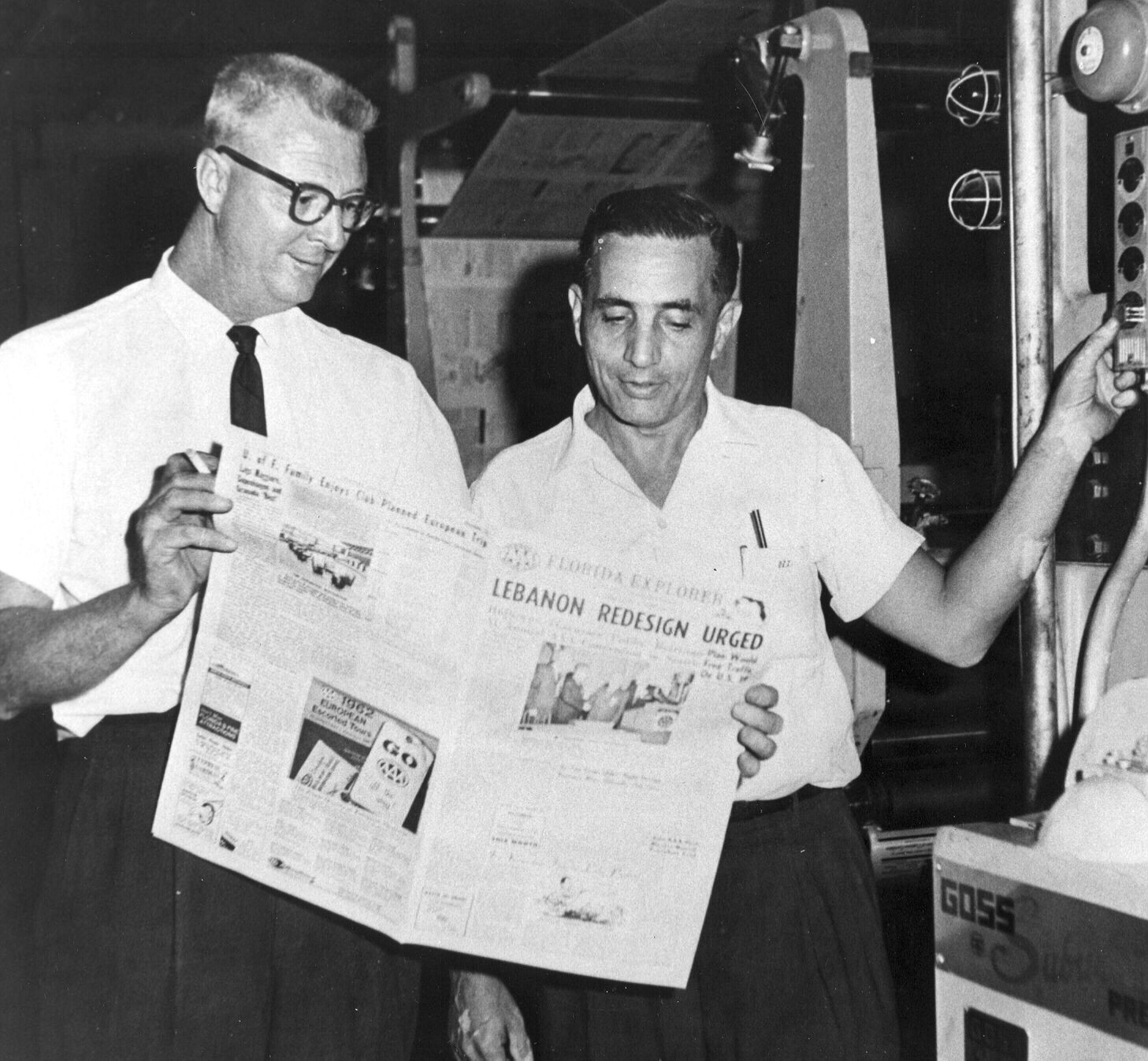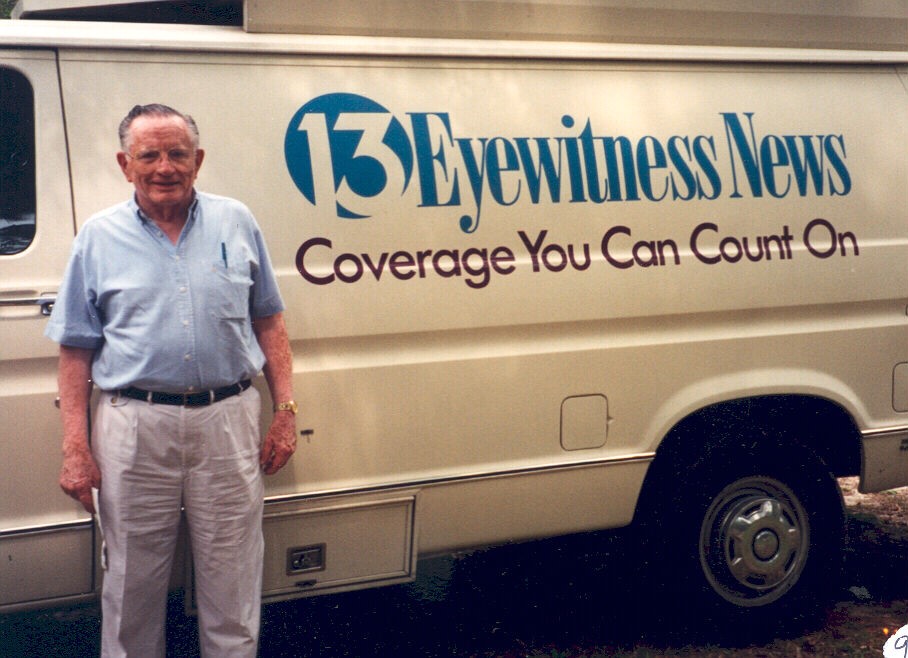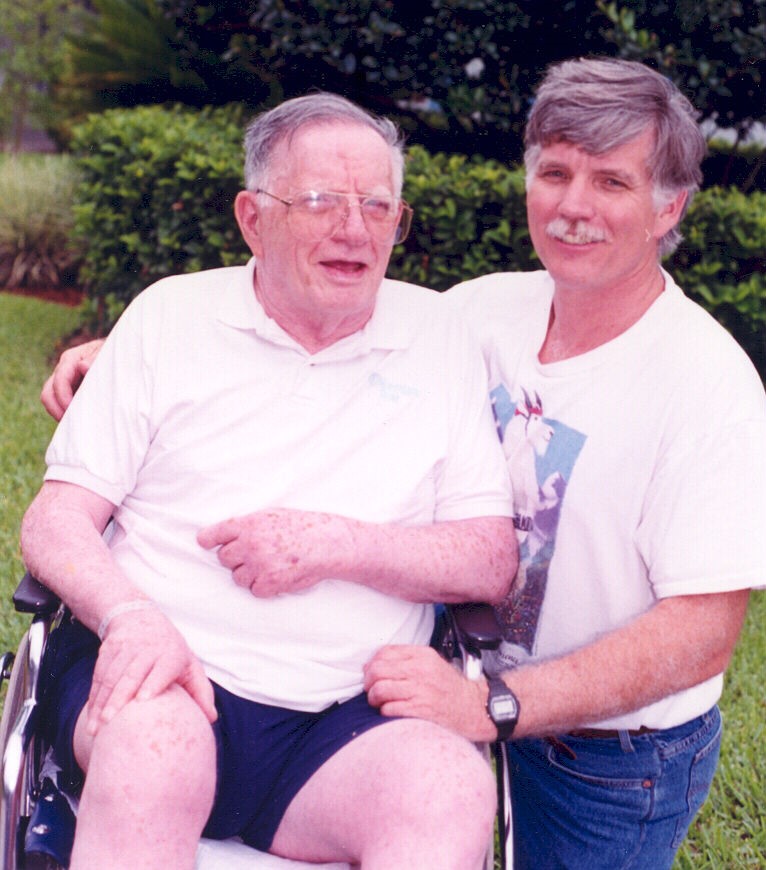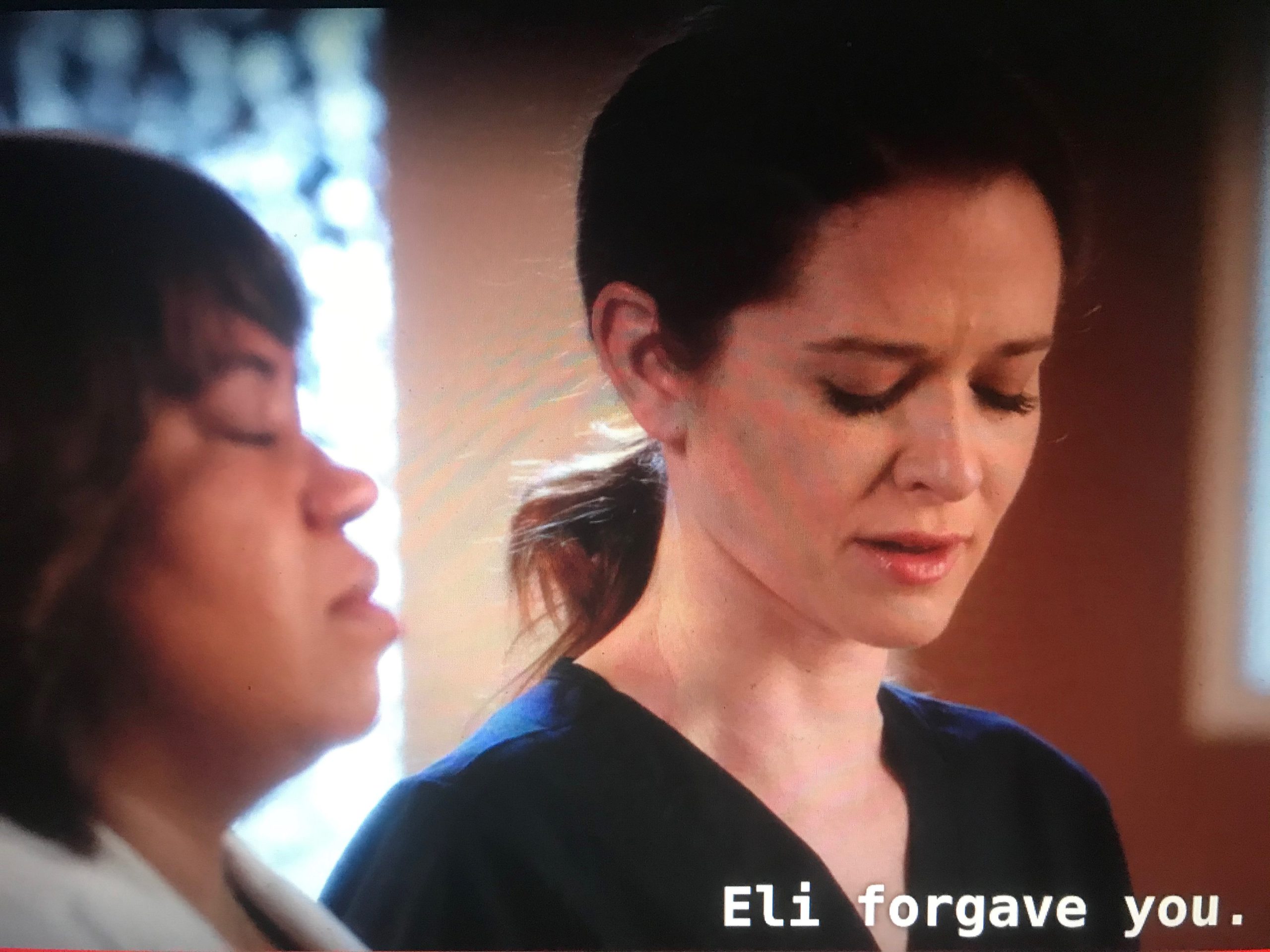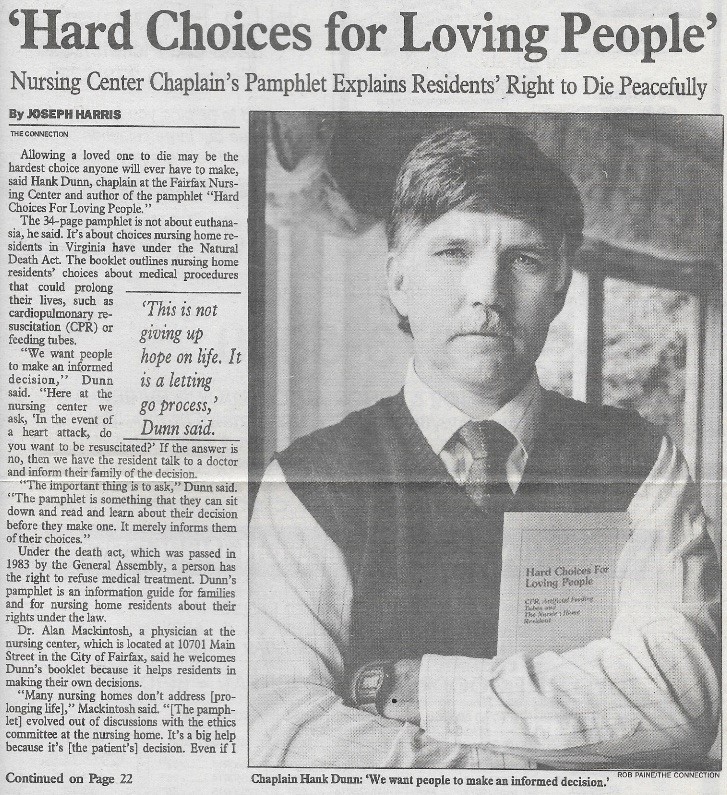When I saw it, I felt in my heart, “Isn’t that a wonderfully kind thing to do?”
It was our last hour at the beach, so my daughter Katie and I decided to walk down the sand one more time. Some very generous friends let us stay in their condo about a half mile from the beach at Marco Island on Florida’s Gulf Coast.
As we headed north, walking next to the water, I noticed a stick in the sand holding up some car keys. Obviously, someone had lost the keys. Also, obviously, someone else had found them and took the time to find a stick to sink into the sand so the keys would be on display for any passerby to see.
Katie and I continued our walk enjoying the birds, people, sand, and sun. She picked up a live starfish she found in a pool of water and returned it to the sea.
On our way back, heading south, we came upon the stick in the sand and the car keys were gone. When we got up next to the stick we saw, in large letters written in the sand, a very simple, “THANK YOU.”
Isn’t that a wonderfully kind thing to do? Kind of the person who found the keys and took the time to display them — and kind of the owner of the keys to write, “Thank you.”
Immediately, I thought of a line from a Randy Newman song, “I Think It’s Going to Rain Today”:
“Human kindness is overflowing, and I think it’s going to rain today.”
I think I first heard that song sung by Judy Collins on her 1966 album, In My Life. Bette Midler also sang it on the soundtrack for the movie, Beaches.
“Wait a minute,” I thought. Sure, it was kind act…but it was a kind act that served a very first-world problem. I didn’t notice the make of the car keys, but in this part of Florida luxury cars are common. Who knows, they could have been to a Ford Pinto. (But probably not.)
Regardless, someone had the means to have a car and the leisure time to hang out at the beach. Someone else also had the leisure time to rescue the keys. And here I was, lucky enough to have the leisure time to take note of all of this.

Photo I took of a sunset on Marco Island
I couldn’t help but think of this past year and the strain the pandemic has put on our kindness to one another. The keys on the beach proved that kindness is still out there, but what about the folks who don’t have a car right now? The folks who can’t drive to get a COVID vaccine? Or those who can’t pay their bills, let alone have leisure time at the beach? What about all of the families with children struggling with school during the pandemic? Those who have lost loved ones?
The list of those who could use a little kindness is endless.
I looked up the lyrics to Newman’s song and had totally forgotten that several of his lines were a call to care for those in need. Get this:
“Bright before me the signs implore me
“To help the needy and show them the way
“Human kindness is overflowing
“And I think it’s going to rain today…”
So, yes, let’s return the keys to our first-world friends. But then let’s extend the kindness beyond.

